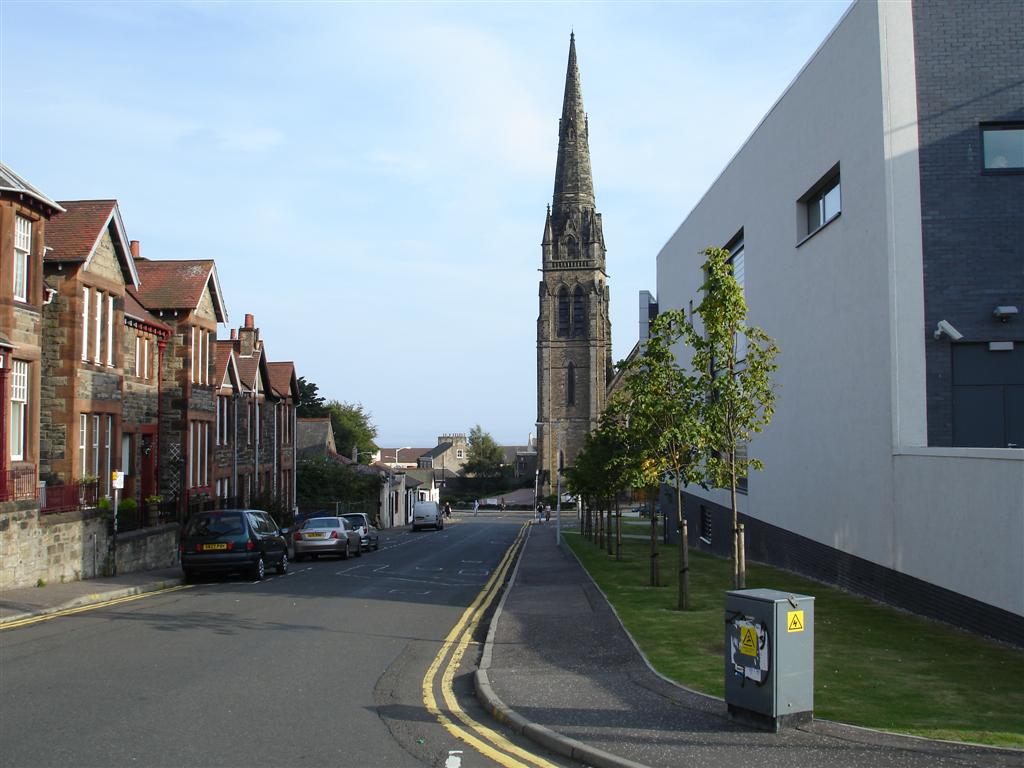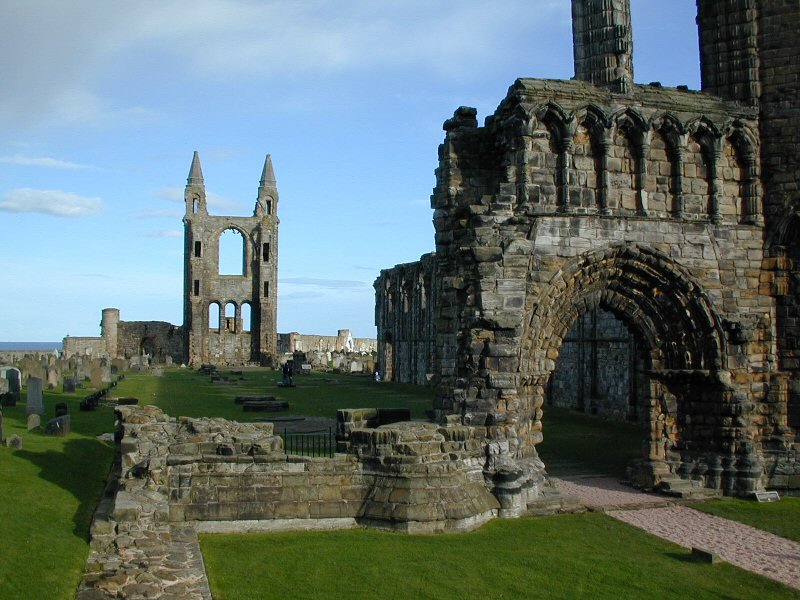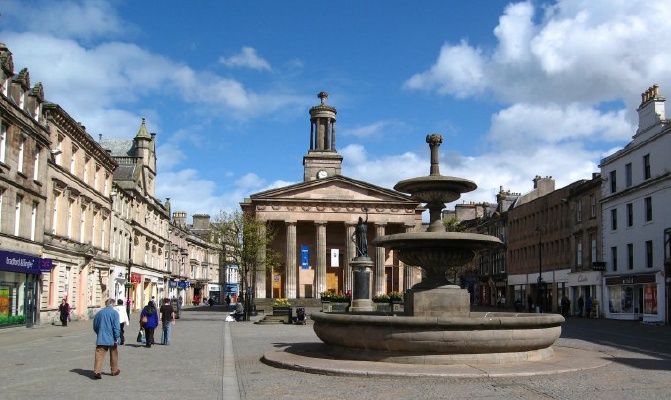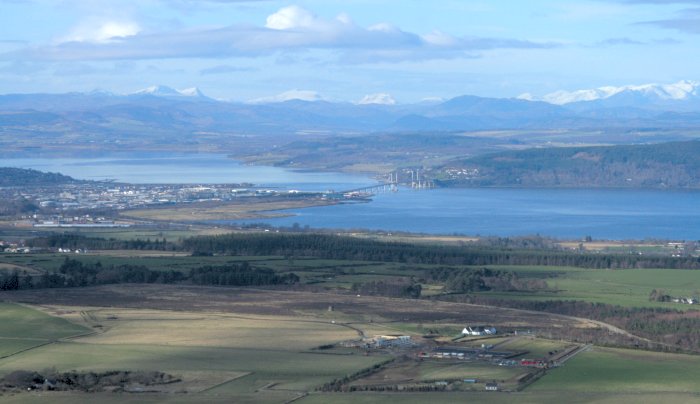Located in the south-east of Scotland, Edinburgh lies on the east coast of the Central Belt, along the Firth of Forth, near the North Sea. Owing to its spectacular, rugged setting and vast collection of Medieval and Georgian architecture, including numerous stone tenements, it is often considered one of the most picturesque cities in Europe.
Edinburgh is the seat of the Scottish Parliament. The city was one of the major centres of the Enlightenment, led by the University of Edinburgh, earning it the nickname Athens of the North. The Old Town and New Town districts of Edinburgh were listed as a UNESCO World Heritage Site in 1995. There are over 4,500 listed buildings within the city.
In the 2008 mid year population estimates, Edinburgh had a total resident population of 471,650. Edinburgh is well-known for the annual Edinburgh Festival, a collection of official and independent festivals held annually over about four weeks from early August. The number of visitors attracted to Edinburgh for the Festival is roughly equal to the settled population of the city. The most famous of these events are the Edinburgh Fringe (the largest performing arts festival in the world), the Edinburgh International Festival, the Edinburgh Military Tattoo, and the Edinburgh International Book Festival. Other events include the Hogmanay street party (31 December), Burns Night (25 January), St. Andrew's Day (30 November), and the Beltane Fire Festival (30 April).
The city attracts 1 million overseas visitors a year, making it the second most visited tourist destination in the United Kingdom, after London. In a 2009 YouGov poll, Edinburgh was voted the "most desirable city in which to live in the UK".

"Make an altar of acacia wood for burning incense. It is to be square, a cubit long and a cubit wide, and two cubits high —its horns of one piece with it. Overlay the top and all the sides and the horns with pure gold, and make a gold moulding around it. Make two gold rings for the altar below the molding—two on opposite sides—to hold the poles used to carry it. Make the poles of acacia wood and overlay them with gold. Put the altar in front of the curtain that is before the ark of the Testimony—before the atonement cover that is over the Testimony—where I will meet with you.
"Aaron must burn fragrant incense on the altar every morning when he tends the lamps. He must burn incense again when he lights the lamps at twilight so incense will burn regularly before the LORD for the generations to come. Do not offer on this altar any other incense or any burnt offering or grain offering, and do not pour a drink offering on it. Once a year Aaron shall make atonement on its horns. This annual atonement must be made with the blood of the atoning sin offering for the generations to come. It is most holy to the LORD."
Then the LORD said to Moses, "When you take a census of the Israelites to count them, each one must pay the LORD a ransom for his life at the time he is counted. Then no plague will come on them when you number them. Each one who crosses over to those already counted is to give a half shekel, according to the sanctuary shekel, which weighs twenty gerahs. This half shekel is an offering to the LORD. All who cross over, those twenty years old or more, are to give an offering to the LORD. The rich are not to give more than a half shekel and the poor are not to give less when you make the offering to the LORD to atone for your lives. Receive the atonement money from the Israelites and use it for the service of the Tent of Meeting. It will be a memorial for the Israelites before the LORD, making atonement for your lives." (Exodus 30.1-16)
There is a green hill far away,
outside a city wall,
where our dear Lord was crucified
who died to save us all.
We may not know, we cannot tell,
what pains he had to bear,
but we believe it was for us
he hung and suffered there.
He died that we might be forgiven,
he died to make us good,
that we might go at last to heaven,
saved by his precious blood.
There was no other good enough
to pay the price of sin,
he only could unlock the gate
of heaven and let us in.
O dearly, dearly has he loved!
And we must love him too,
and trust in his redeeming blood,
and try his works to do.
Cecil Frances Alexander (1818-1895)
















